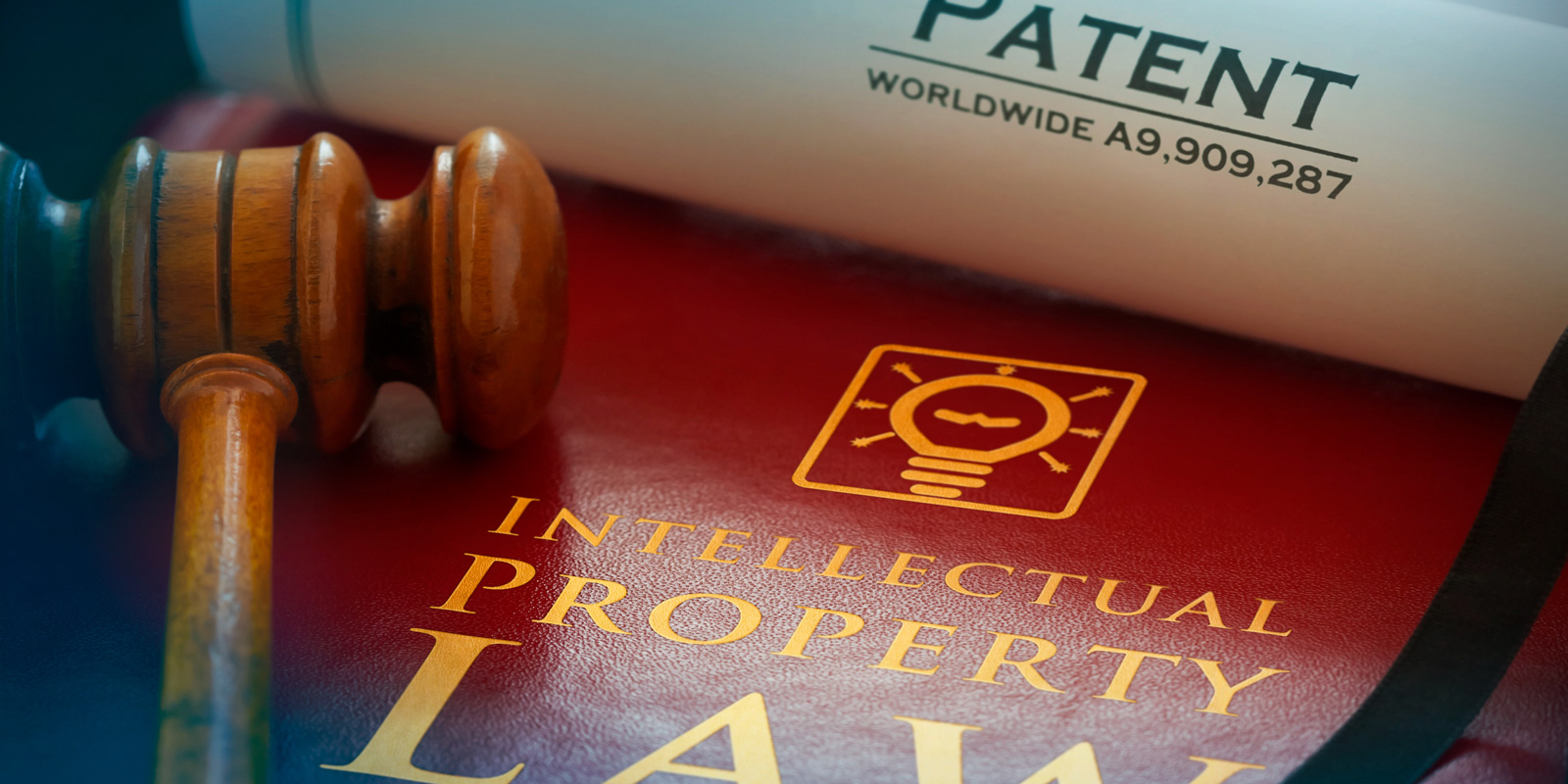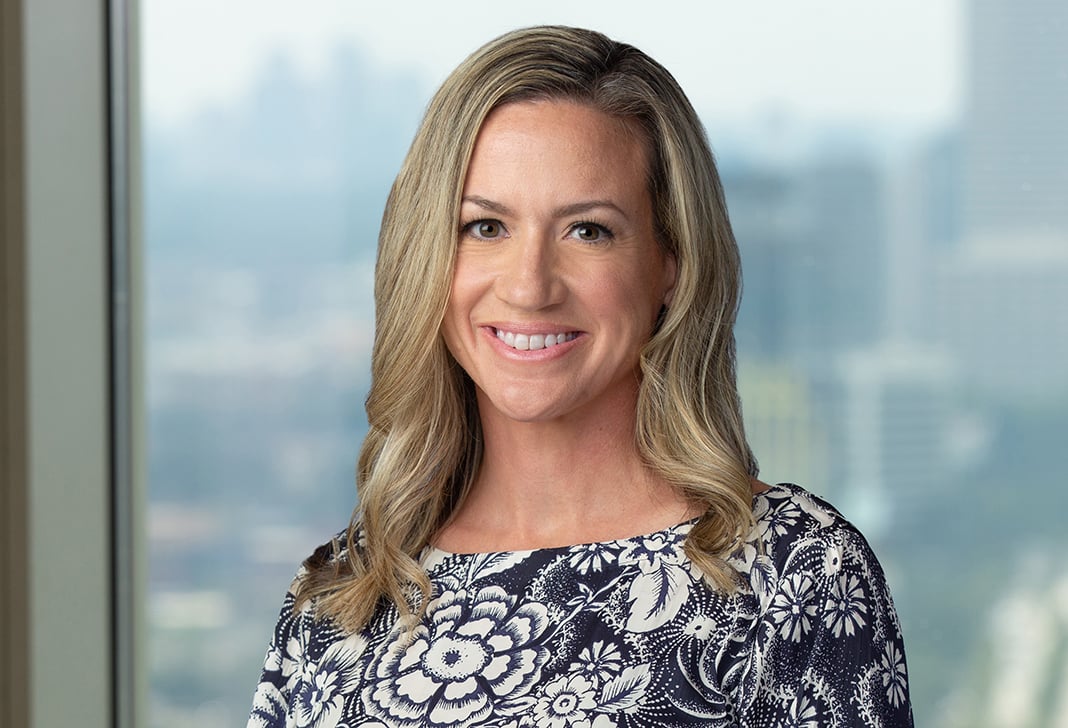
No Longer Paid in Full: "Full Costs" Covers Only Taxable Costs in Copyright Cases
A unanimous ruling by the Supreme Court held that the word "full" was insufficient to justify awarding additional, nontaxable costs to the prevailing party.
Under the American Rule, the prevailing party ordinarily must bear the bulk of its litigation expenses, unless Congress has explicitly authorized a broader award. In Rimini Street, Inc. v. Oracle USA, Inc., Case No. 17-1625, the U.S. Supreme Court considered whether the phrase "full costs" in Section 505 of the Copyright Act constitutes such an express authorization, thereby justifying an award of nearly $13 million in otherwise nontaxable costs to Oracle.
While Rimini argued that "full costs" did not expand the standard set of taxable costs specified in the general costs statutes (28 U.S.C. §§ 1821 & 1920), Oracle argued that, in addition to those costs, the Copyright Act's reference to "full costs" authorized all costs the prevailing party incurred in the litigation, including expert witness fees, jury consultant fees, and e-discovery costs.
Agreeing with Rimini, the U.S. Supreme Court unanimously held, on March 4, 2019, that the word "full" was insufficient to justify the additional costs awarded to Oracle. In reversing the Ninth Circuit, the Court held that the American Rule cannot be displaced absent explicit statutory instruction to that effect, and that the rules of statutory construction and interpretation prevented the Copyright Act provision awarding "full costs" from being read in such a way as to alter the set of costs customarily awarded.
Looking forward, the Court's decision in Rimini does not bode well for the United States Patent and Trademark Office in Iancu v. NantKwest, a fee-shifting patent case concerning the application of the American Rule on the award of "all the expenses of the proceedings." The Court granted certiorari in Iancu v. NantKwest on March 4, 2019.



